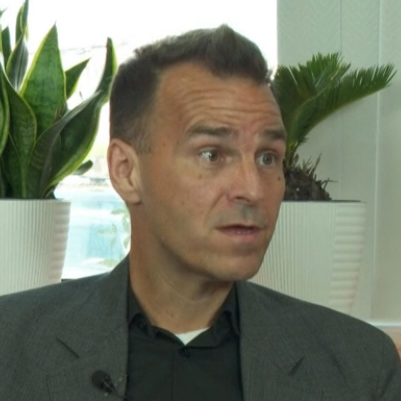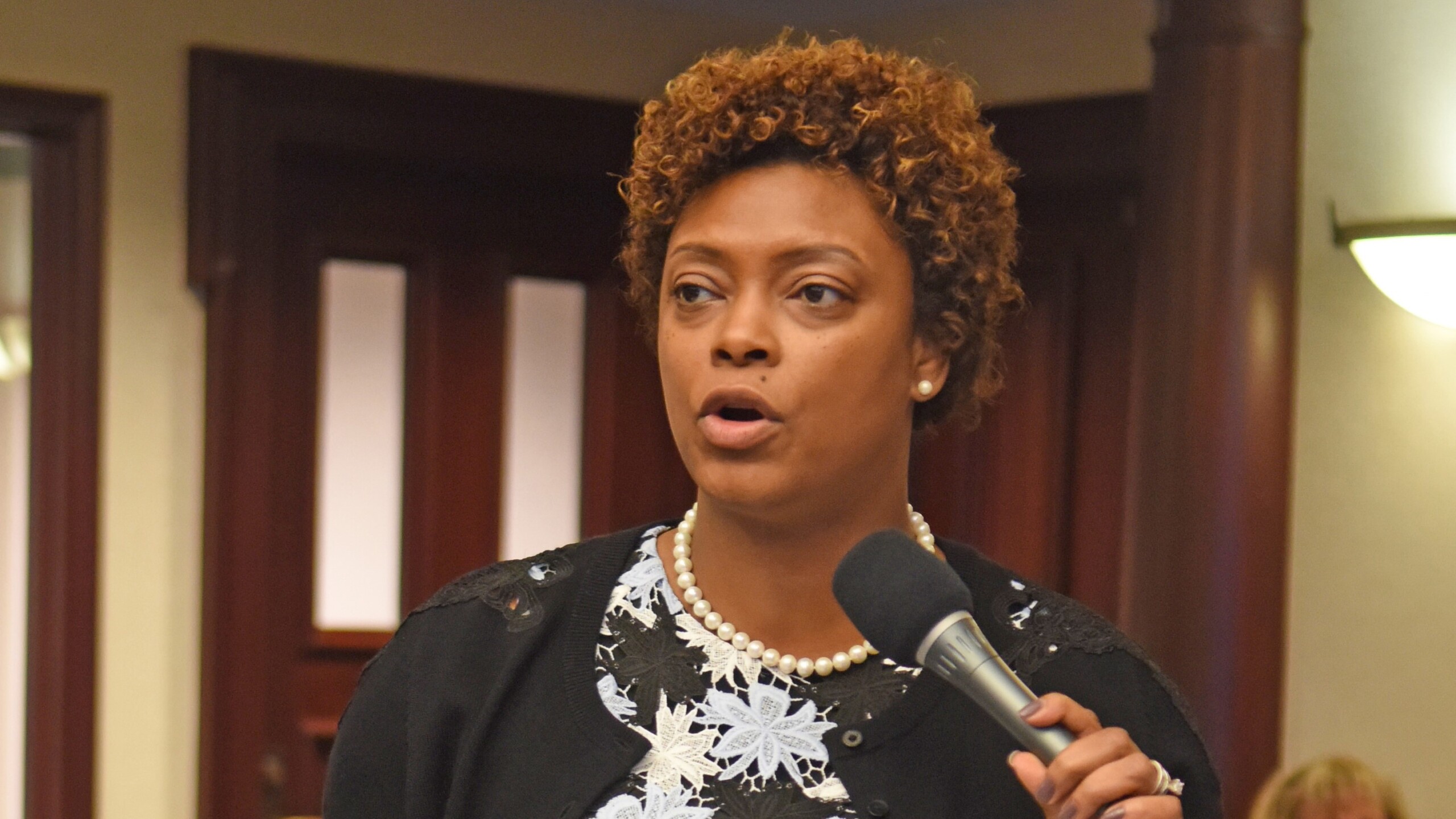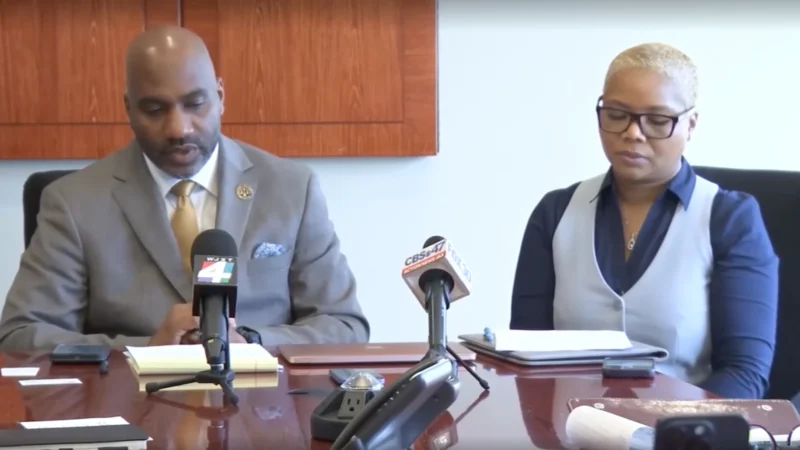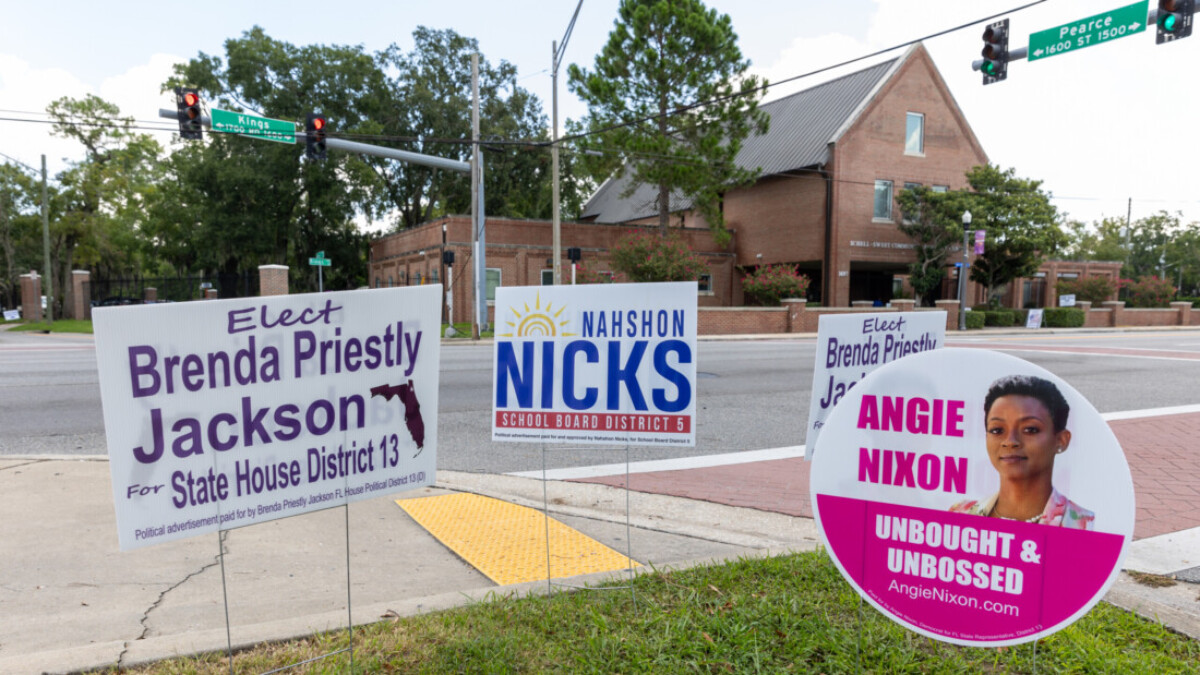
What to make of the just-concluded primary elections?
Voters may not have shown up in Duval to the degree that analysts say they want, but the ones who did made it clear yet again that they value authentic candidates.
We got a good indication of that in the 2023 general election, when Democrats Donna Deegan and Joyce Morgan shocked the pundit class and overcame Republican opposition backed by Ron DeSantis, with voter engagement scrambling the formula that led to GOP dominance in previous election cycles in countywide races.
This time around, we got indications that the highly engaged voters who participate in primaries may not be as worried about records in office as they are in knowing the person representing them.
In two high-profile state House races in Duval County, voters went with two very different incumbents in Democratic primaries, resoundingly choosing them over candidates whose main case against the office holders was that they were ineffective.
The biggest example of that: the House District 13 race between Rep. Angie Nixon and former City Council and School Board member Brenda Priestly Jackson.
This wasn’t a close contest.
Nixon got four out of every five votes, winning by dominating in every precinct in her very diverse district and invalidating the challenger’s contention that “neighbors” felt disenfranchised by a closed Democratic primary.
Late in the game, Corrine Brown emerged on behalf of Priestly Jackson to denounce counterfeit Quick Picks that Nixon allegedly released. The last Friday of early voting saw those principals hashing out an agreement in court that ended the made-for-TV controversy.
None of it mattered. In Riverside, in Avondale, in Northwest Jacksonville and the deep Westside, there was not an area where Priestly Jackson got traction against the “unbought and unbossed” Nixon.
None of this is to say that Nixon has brought home appropriations the district might need, or gotten laws through the process. In this columnist’s estimation, there hasn’t been enough on either front.
But that wasn’t the point for voters who understand that whatever the incumbent’s flaws might be, she at least is willing to express frustration with the Ron DeSantis administration.
Nixon’s leading rival in the Legislature, Rep. Kim Daniels, D-Jacksonville, also was talked about like she was an easy target. Daniels’ reelection was never in doubt, however. She got close to 65% of the vote, despite (or perhaps even because of) her willingness to break from Democratic positions on issues like parental rights, school chaplains, and other GOP priorities.
Therese Wakefield-Gamble, who finished second, says she will run again and that Daniels “can be defeated” in 2026.
Theoretically, it’s possible. But it also brings to mind former GOP Chair Tom Slade’s old comment about sending Republicans to lose to the aforementioned Corrine Brown in elections in gerrymandered districts: “There’s no education in the second kick of a mule.”
The biggest blowout on the ballot was in a state Senate primary and was the least surprising: Sen. Tracie Davis’ obliteration of the hapless Francky Jeanty, with 95% of the vote and a sweep of all precincts.
Jeanty kept asserting he would win until the end, in his poorly funded and quixotic challenge to one of the most long-standing elected leaders in Duval County. Davis didn’t engage him, and it turns out that was for a good reason.
Moving beyond Duval County to St. Johns, it was clear there that while Nick Primrose may have had the best resume in HD 18, voters preferred Kim Kendall as the future replacement for Rep. Cyndi Stevenson, R-St. Augustine. Kendall, a self-styled “conservative outsider” with deep roots in the county, got 4/7 of the vote; Primrose, a former lawyer in the Rick Scott and Ron DeSantis administrations, carried just four precincts.
It was a measure of the curious nature of Primrose’s campaign that on the final Saturday before the election, he was in Jacksonville, greeting U.S. Sen. Rick Scott at a Duval GOP event, where he implored the senator to record a get-out-the-vote message for his campaign. Scott complied, but Primrose’s being outside the district on a crucial campaign day likely contributed to his 15-point loss.
As the political world turns its attention toward November, the lessons of August (and of the 2023 election) are worth remembering. Voters aren’t looking for perfection. They will happily settle for plausibility, no matter what side of the aisle they are on.







